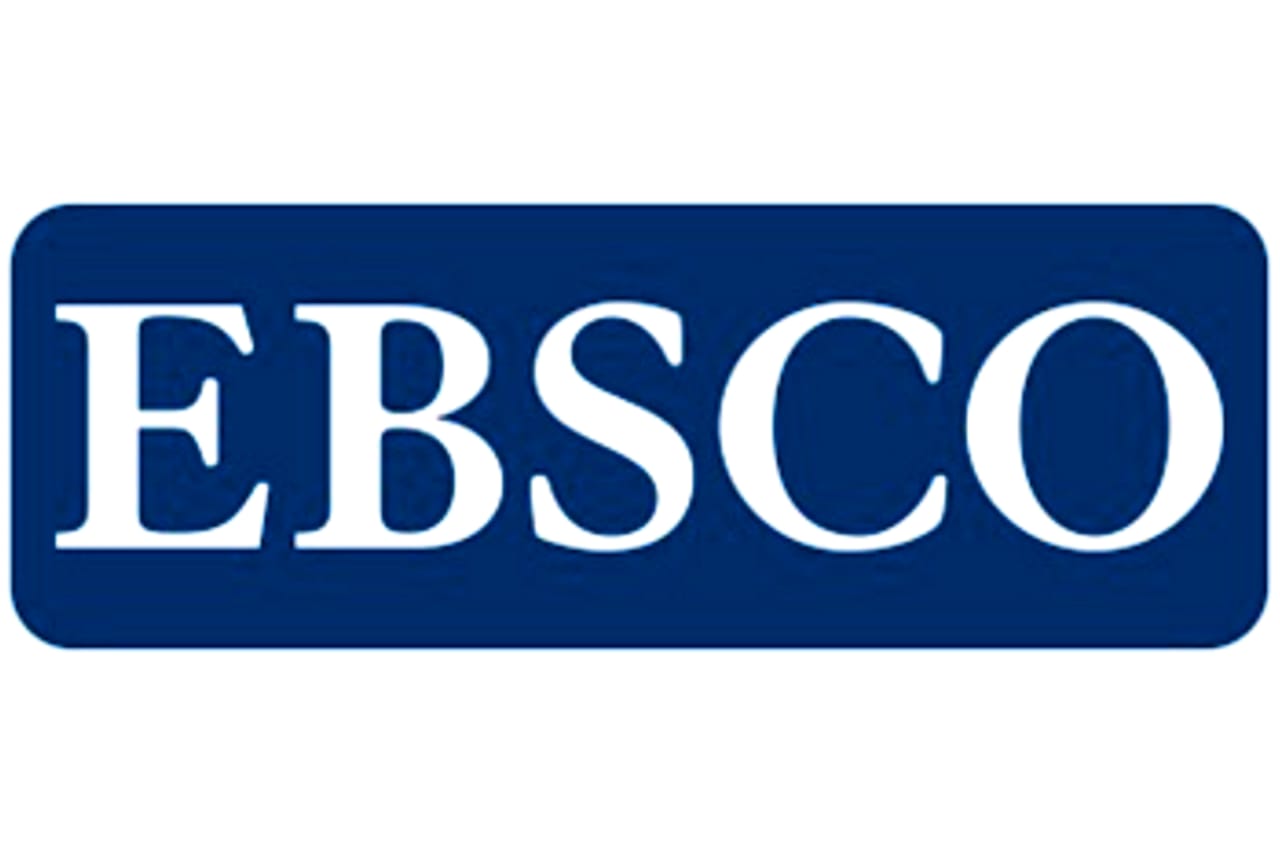REMOTE LEARNING IN UNIVERSITY EDUCATION - EXPERIENCES OF THE PARTICIPANTS IN THE DIDACTIC PROCESS
DOI:
https://doi.org/10.26577/FJSS.2023.v9.i1.01Abstract
Education using the Internet that characterizes the current generation of remote learning, thanks to the emergence of the COVID-19 pandemic, has become a necessity at the beginning of 2020 and the subject of new, previously unknown educational experiences for all actors in the higher education process around the world. The purpose of this paper is to present the results of these experiences with particular attention to the perception of this process and its consequences - by students. The author's intention was to pay special attention to the differences in the perception of selected aspects of the analyzed form of education by students of different modes of study, which, despite the small size of the research sample, fills the gap in this thematic area. In the paper, the results of the analysis of secondary sources and primary surveys were used. The research, carried out using a face-to-face survey and CAWI, was conducted among 119 students of both full-time and part-time studies at two public universities in Rzeszow - Rzeszow University of Technology and the University of Rzeszow. Summarizing the results of the study, it was found that the perceived benefits of e-learning, which mainly include time savings, convenience of studying, less stress during classes, justify the positive attitude of most students towards the remote form of education. The balance of the aforementioned benefits as well as numerous perceived drawbacks of such a form of education implies the preference of the majority of students surveyed for hybrid education, which they expect to continue after the end of the pandemic.
Keywords: education, remote learning, higher education











